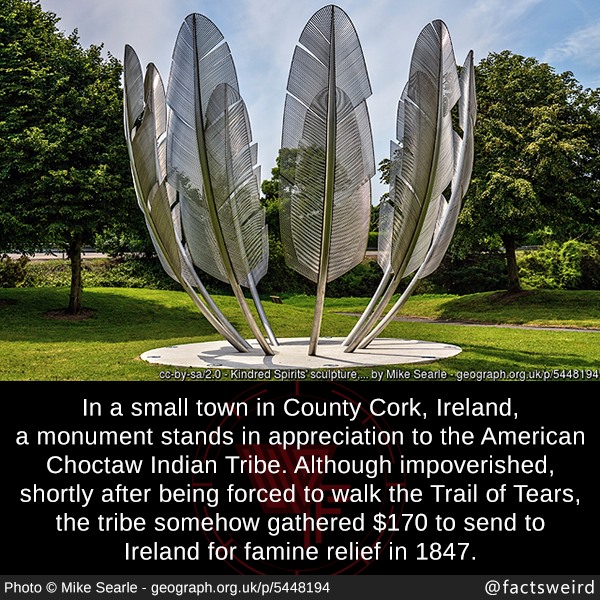Our Vanishing Humanity

We’ve gotten good at so many things: building shareholder value, accumulating stuff we don’t need, and walling ourselves off (both figuratively and literally).
But we’ve lost so much in the process. We’re still human beings, but so much of our core humanity seems to have vanished recently.
We were all so surprised by the appalling popularity of Donald Trump, a vulgar, greedy pig of a man. But is it really such a shock?

Craig,
Do you really imagine you are helping to raise the tone of public discourse by a continual tirade of angry abuse. Even if the sharpness of the abuse is growing more mundane and repetitive. (I mean “the appalling popularity of Donald Trump, a vulgar, greedy pig of a man” is pretty lame).
Why not give all this loathing and hatred aside for a while, or save it for the 2020 election, and concentrate on what used to be your primary passion?
Focus on all the positive endeavors occurring in Clean tech development instead of Facebook trivia.
Circa Group Ltd, sustainable chemicals company who have have success producing bio-based solvents from waste cellulose, is participating in an innovative project aimed at developing the first UK industrial scale capability to reclaim and reuse the most valuable components of end-of-life electrical vehicle (EV) batteries.
This is a major step in answering a very pertinent question about how to deal with millions of difficult to recycle new clean tech products.
One of the first act of the incoming administration of Boris Johnson was to approve and fast track the release of funds to the R2LIBI (Reclamation, Remanufacture of Lithium Ion Batteries initiative) part of the UK Research and Innovation Faraday Battery Challenge. (an initiative aimed at developing cost-effective, high-performance and recyclable automotive batteries).
In partnership with the University of York, Circa recovers polyvinylidene fluoride (PVDF), a high-performance polymer widely used as a binder in Li-ion battery cathodes.
PVDF processing currently relies on the use of the dangerous and reprotoxic NMP solvent. A product which is under intense regulatory pressure to be phased out.
The new process will see valuable polymers recovered in safe and sustainable method.
On visiting York University The Prime Minister was excited to see the valuable research near commercialization in laser & robot modules for automatic handling and dismantling of batteries, safe and environment advances in recovery of cobalt, nickel and manganese recycled cathode production etc.
The new Prime Minister couldn’t help himself in observing this is just one of a wide range of example of how a post-Brexit Britain will forge a new “independent’ path to prosperity and progress.
Most of the student body at York found the PM amusing and positive, although there was a small number of po-faced radical students determined to disrupt the PM’s visit, they were vastly out numbered by supporters.
Political rhetoric aside, this is important R&D nearing commercialization.
Now isn’t that more interesting and relevant than bleating on about “greedy pigs” ?
It’s these not very glamorous, but crucial, projects that should be encouraged and applauded instead of concentrating on the foibles of political enemies.
I suppose Circa Ltd deserves a mention.
From their website:
Established in 2006, Circa Group converts waste biomass into advanced bio-based chemicals with its proprietary FuracellTM process at its prototype plant in Tasmania – a joint venture with Norske Skog. Circa’s developing product portfolio includes biosolvents, flavours and biopolymers, including CyreneTM, an alternative to traditional polar aprotic solvents. By creating renewable chemicals from cellulose, Circa is extracting value from non-food, waste biomass and addressing a gap in the market by providing bio-based, non-toxic alternatives